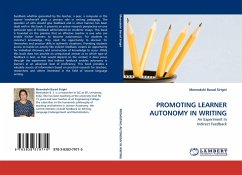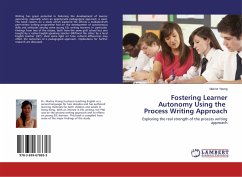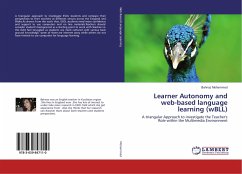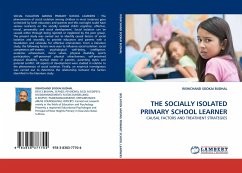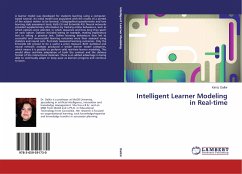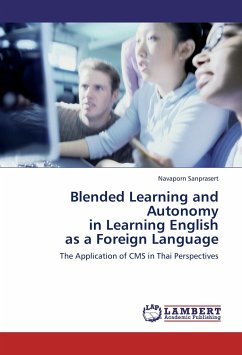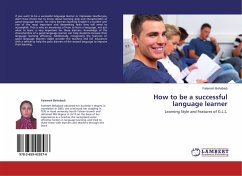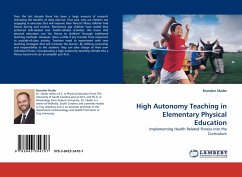Feedback whether generated by the teacher, a peer, a computer or the learner him/herself plays a primary role in writing pedagogy. The question of who should give feedback and in what manner has been dealt with in this book. It presents an action research perspective on one particular type of feedback administered on students' essays. This book is founded on the premise that an effective teacher is one who can enable his/her learners to become autonomous. For students to construct knowledge, they need the opportunity to discover for themselves and practice skills in authentic situations. Providing students access to hands-on activity like indirect feedback creates an opportunity for individual discovery and construction of knowledge to occur. While this book does not provide an unequivocal answer as to which type of feedback is best, as that would depend on the context, it does prove through the experiment that indirect feedback enables autonomy in learners at an advanced level of proficiency. This book provides a valuable source of information based on practical research for teachers, researchers and others interested in the field of second language writing.

